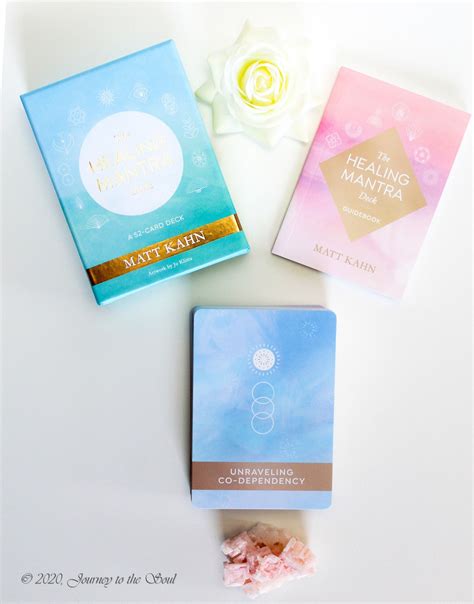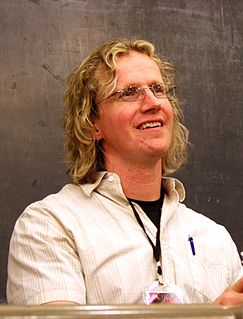A Quote by John Ashbery
The term ignorant is indeed perhaps an overstatement, implying as it does that something is known somewhere, whereas in reality we are not even sure of this: we in fact cannot aver with any degree of certainty that we are ignorant. Yet this is not so bad; we have at any rate kept our open-mindedness -- that, at least, we may be sure that we have -- and are not in any danger, or so it seems, of freezing into the pious attitudes of those true spiritual bigots whose faces are turned toward eternity and who therefore can see nothing.
Quote Topics
Any
Attitudes
Bad
Bigots
Cannot
Certainty
Danger
Degree
Does
Eternity
Even
Faces
Fact
Freezing
Ignorant
Implying
In Fact
Indeed
Kept
Known
Least
May
Nothing
Open
Open-Minded
Our
Overstatement
Perhaps
Pious
Rate
Reality
See
Seems
Something
Somewhere
Spiritual
Sure
Term
Therefore
Those
Toward
True
True Spirit
Turned
Whereas
Whose
Related Quotes
One of the most commonly overlooked spiritual practices is daring to be completely honest with everyone you encounter. Some may say others cannot handle their honesty, but true honesty is not a strategy or a weapon of any kind. It is the willingness to be open and absolutely transparent in sharing how any moment feels in your heart. It has nothing to do with confrontation, accusation, or any form of blame. True honesty is the willingness to stand completely exposed, allowing the world to do what it may, and say what it will, only so you may know who you are - beyond all ideas.
What I love about cooking is that after a hard day, there is something comforting about the fact that if you melt butter and add flour and then hot stock, it will get thick! It's a sure thing! It's a sure thing in a world where nothing is sure; it has a mathematical certainty in a world where those of us who long for some kind of certainty are forced to settle for crossword puzzles.
When a candidate for public office faces the voters he does not face men of sense; he faces a mob of men whose chief distinguishing mark is the fact that they are quite incapable of weighing ideas, or even of comprehending any save the most elemental - men whose whole thinking is done in terms of emotion, and whose dominant emotion is dread of what they cannot understand. So confronted, the candidate must either bark with the pack or be lost... All the odds are on the man who is, intrinsically, the most devious and mediocre.
A poem, as a manifestation of language and thus essentially dialogue, can be a message in a bottle, sent out in the –not always greatly hopeful-belief that somewhere and sometime it could wash up on land, on heartland perhaps. Poems in this sense too are under way: they are making toward something. Toward what? Toward something standing open, occupiable, perhaps toward an addressable Thou, toward an addressable reality.
Regardless of the staggering dimensions of the world about us, the density of our ignorance, the risks of catastrophes to come, and our individual weakness within the immense collectivity, the fact remains that we are absolutely free today if we choose to will our existence in its finiteness, a finiteness which is open on the infinite. And in fact, any man who has known real loves, real revolts, real desires, and real will knows quite well that he has no need of any outside guarantee to be sure of his goals; their certitude comes from his own drive.
A poem, being an instance of language, hence essentially dialogue, may be a letter in a bottle thrown out to the sea with the-surely not always strong-hope that it may somehow wash up somewhere, perhaps on the shoreline of the heart. In this way, too, poems are en route: they are headed towards. Toward what? Toward something open, inhabitable, an approachable you, perhaps, an approachable reality. Such realities are, I think, at stake in a poem.
Indeed, at hearing the news that 'the old god is dead', we philosophers and 'free spirits' feel illuminated by a new dawn; our heart overflows with gratitude, amazement, forebodings, expectation - finally the horizon seems clear again, even if not bright; finally our ships may set out again, set out to face any danger; every daring of the lover of knowledge is allowed again; the sea, our sea, lies open again; maybe there has never been such an 'open sea'.
... [L]ess than at any time does a simple reproduction of reality tell us anything about reality. A photograph of the Krupp works or GEC yields almost nothing about those institutions. Reality proper has slipped into the functional. The reification of human relationships, the factory, let's say, no longer reveals these relationships. Therefore something has to be constructed, something artificial, something set up.






































